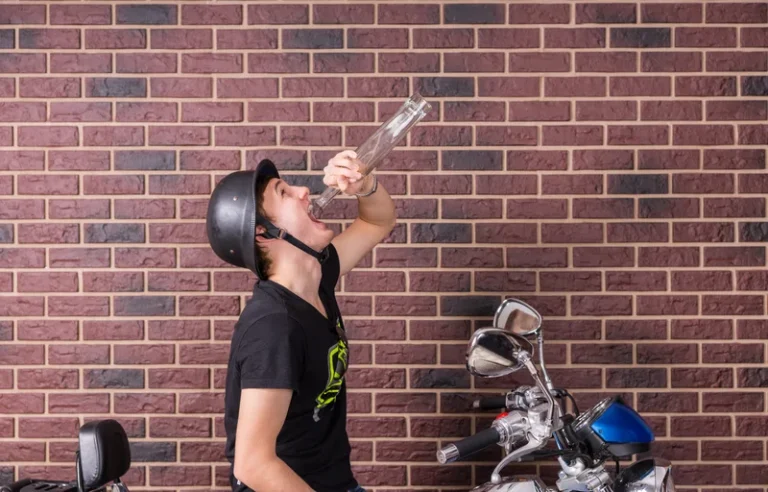6 Reasons to Share Your Story of Recovery

In conclusion, storytelling plays a major role in addiction recovery by providing therapeutic benefits, and breaking down stigma. By sharing personal experiences, individuals can find healing and support, and also inspire others to seek help and believe in the possibility of recovery. Rehab centers, treatment programs, and beyond should use storytelling to promote healing and remove barriers to recovery. It breaks the feeling of being alone and reinforces commitment to sobriety.
Key Elements of an Effective Recovery Story
It captivates readers by drawing them into the narrative and making them part of the journey. It serves as a marketing tool for rehab centers and treatment programs. When people open up and share their recovery story they reveal, in an honest and vulnerable way, their experience with a substance that likely caused a great deal of pain. Those who are present feel a connection with the person and their story, which promotes peer support. Group participants may feel a range of emotions while listening to each other’s recovery stories, such as empathy, encouragement, and hope. When you share your personal recovery story, remember there are people in the room at all different stages of their recovery.
The Emotional Connection and Attention-Grabbing Power of Personal Stories

Sharing recovery stories has a healing power, especially https://ecosoberhouse.com/article/alcohol-and-anxiety-can-drinking-cause-panic-attacks/ in Alcoholics Anonymous. It’s a great tool for teaching, entertaining and healing, connecting the recovery community. It gives individuals support on their sobriety journey and helps break the feeling of being alone.
The Dos and Don’ts of Sharing Your Recovery Story
- Sharing your story helps to educate people about the truth and realities of addiction.
- There is much talk about stigma as it pertains to mental health issues; whether it is substance abuse or an eating disorder, our culture has long preferred to simply not talk about it.
- Telling your story is a powerful resource in your recovery, not only for others but also for yourself.
- As you tell your story, you realize that people support you and you are not alone.
- Still, it’s vital that those who want to share get an opportunity to do so.
- In conclusion, striking the balance between truth and inspiration is essential when sharing recovery stories.
It helps to raise awareness about the challenges faced by those in recovery. By speaking out, you play a vital role in breaking down societal barriers, fostering empathy, and encouraging a more compassionate and supportive environment for individuals seeking help. Unfortunately, there’s still a lot of stigma surrounding addiction being a choice or something that happens to weak people. It’s important to never bring in this type of negative language when sharing your stories. You can express shame for some of the choices you made but with an understanding that your addiction had a hold on you when you made those choices. Remember — if you guilt or blame when telling your addiction story, you’re projecting the same feelings to others in the room.

To investigate whether specific characteristics of participants influence short-term hope and connection. The sharing your story in recovery key differences were the number of narratives available, the method of selection (random vs. self-selected or random), and the duration of access (single session vs. 1 month). You do not know who will be your audience and how they are feeling so care is needed when discussing suicide (see guidelines re talking about suicide). Since 2016 Jay has served on the board of directors of the National Association of Addiction Treatment Providers (NAATP). As past chair of NAATP’s Ethics Committee, Jay was instrumental in important changes made to the organization’s code of ethics. In addition, Jay serves as Treasurer/Secretary of the Foundation of Recovery Science and Education.

Share Your Story
- Through these narratives, individuals gain insights into the challenges and how to navigate the journey towards recovery.
- In this way, it also holds you accountable for staying sober in the future.
- With this time frame in mind, the next step in telling your story is to determine which aspects of your past are the most important.
- Sharing a story about your mental health challenges can help in your own recovery as well as offer encouragement and support to others with similar experiences.
- Since 2016 Jay has served on the board of directors of the National Association of Addiction Treatment Providers (NAATP).
Dr. Sledge is a sought-after speaker in the industry, talking about the critical need to treat both the mind and body of those struggling with substance use disorder. In addition to working for Cumberland Heights, Dr. Sledge is an assistant professor at the University of Tennessee College of Medicine. Nick’s work highlights Cumberland Heights’ commitment to outcome-oriented care, using proven techniques to put those struggling with substance use disorder on a path to success. Remember that it doesn’t have to be perfect what’s most important is that it’s heartfelt.

249 total views, 2 views today
